August 15, 2025 | 08:27 am

TEMPO.CO, Jakarta - The government’s move to cut fund transfers to regional governments threatens fiscal decentralization and regional autonomy, risking even greater inequality.
FISCAL decentralization and regional autonomy are now under threat because the funds that should be used for development and public services in the regions have been allocated to cover the costs of the central government’s wishes.
This is reflected in the order from President Prabowo Subianto on budget cuts. The Rp50.59 trillion reduction in funds transferred to the regions (TKD) this year will be continued. The government even plans to further reduce from 4.05 to 4.7 percent of gross domestic product this year to only 2.8 to 2.9 percent in the 2026 State Budget. The total is estimated at Rp275 trillion to Rp300 trillion. This means that each region could lose up to Rp2 trillion of income.
The funds transferred to the regions are State Budget funds allocated to the regions as part of the implementation of decentralization. This allocation is aimed at reducing the disparity of funding between the center and the regions, decreasing the funding inequality for governance affairs between the regions, improving public services and covering the costs of the implementation of special autonomy and regional privileges.
The impact of these budget cuts, which began in February 2025, has been felt strongly in the regions. Construction of infrastructure that was underway has been halted immediately, while other previously planned projects have not gone ahead. These include improvements to roads and bridges in Lima Puluh Kota Regency in West Sumatra and the construction of low-cost apartments in Pasuruan, East Java.
This is because between 60 and 70 percent of regional budget funds are highly dependent on TKD. There are even regencies where 87 percent of revenue in the regional budgets is from transfers from the central government. A number of regions are reported to have taken shortcuts by borrowing funds, increasing their fiscal burdens.
These cuts have been carried out in order to cover the costs of President Prabowo’s priority programs. For example, the free nutritious meal program needs Rp240 trillion. The establishment of 80,801 Red-and-White cooperatives in the villages requires funding of up to Rp400 trillion. And the defense budget has soared from Rp166.1 trillion to Rp245.2 trillion.
It is true that Prabowo has also asked for savings in other ministries and institutions to the tune of Rp256.1 trillion. But this is reasonable because these funds are being reallocated to cover the cost of the President’s wishes. Conversely, transferring the fiscal burden from the center to the regions is unjust and damages regional autonomy.
The transfer of funds to the regions is a concrete manifestation of the endeavor to bring about economic equity. The disparity of the locally derived income between regions in Indonesia is conspicuous. For example, Jakarta receives Rp72.9 trillion in income from within the region itself. This is 40 times higher than the average figure for provinces in eastern Indonesia.
One budget item that has received significant reductions is the physical special allocation funds (DAK), which are used to cover physical activities such as the construction of roads, bridges, schools, public health centers, irrigation systems, and other public facilities. When the physical DAK is cut, the impact is felt immediately by economic actors in these regions, from contractors and suppliers of goods to the owners of small food stores near projects. The quantity and quality of public services decline.
By cutting fund transfers to the regions, Prabowo is throttling the Indonesian economy.
The Crucial Role of Think Tanks in Indonesia's Effective Policymaking
13 jam lalu

The involvement of officials or politicians with think tanks requires them to be more cautious in making government decisions and policies.
Indonesians Continue to Fly the One Piece Flag Despite Government Threats
11 hari lalu

A resident from Riau, Kharik, feels no reason to comply and fear raising the One Piece flag in front of his house.
Indonesian Govt Gives Digital Platforms Deadline to Improve Child Safety Features
14 hari lalu

The Indonesian government is still assessing the classification of digital platforms based on their level of risk to children and adolescents.
Waste Bank Activist in Indonesia Complain About Lack of Government Assistance
15 hari lalu

The presence of waste banks in Indonesia faces challenges such as lack of government monitoring and low community participation.
Indonesia's Foreign Debt Rises 6.8% in May 2025
31 hari lalu

Bank Indonesia recorded the country's foreign debt in May 2025 at approximately US$435.6 billion, growing by 6.8 percent annually.
Indonesian Govt Plans Renovation of Uninhabitable Houses
41 hari lalu

The Indonesian Ministry of Social Affairs plans to renovate uninhabitable houses using a budget of Rp15 million to Rp20 million.
Russia First to Grant Official Recognition to Taliban-Led Afghan Government
41 hari lalu

Russia acknowledges the Taliban government in Afghanistan after previously revoking the terrorist status of the group.
Unknown Individuals Torch Three Government Buildings in Papua's Puncak Jaya
55 hari lalu

The police are currently investigating those responsible for the arson of three government offices in the Puncak Jaya Regency of Central Papua.
Is Prabowo Really Considering Police and Military Budget Cuts? Analyst Thinks So
15 Juni 2025

According to analyst, the National Police has shown tendencies toward excessive spending, especially on programs outside its core duties and functions
House Speaker Speaks on Waves of Layoffs in Bali, Urges Govt to Evaluate Budget Cuts
14 Juni 2025
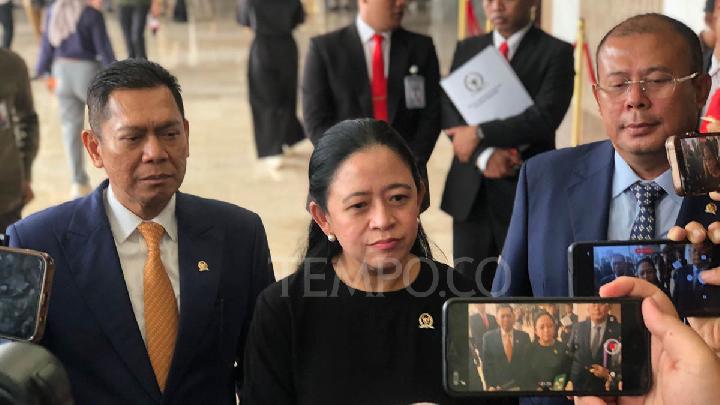
The wave of layoffs in Bali is a clear reflection of the vulnerability of the national labor structure.


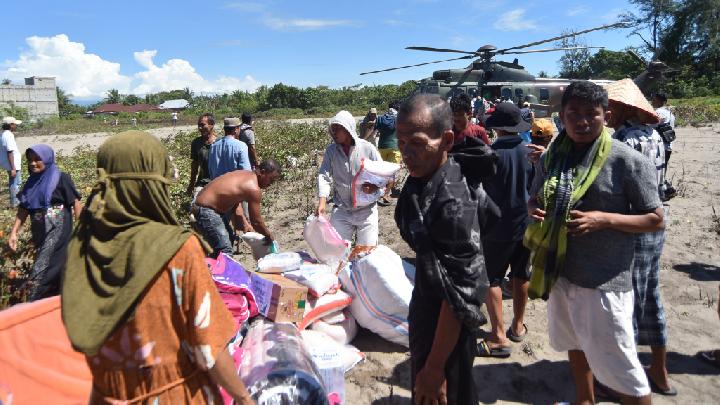







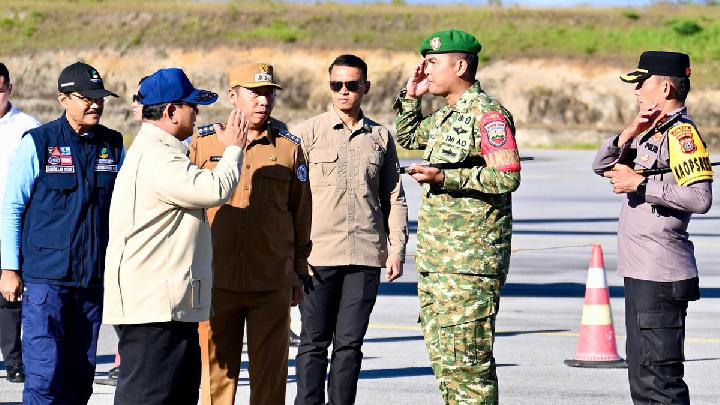

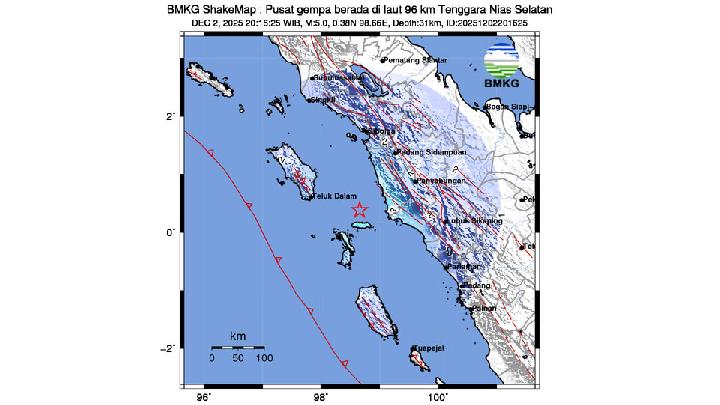
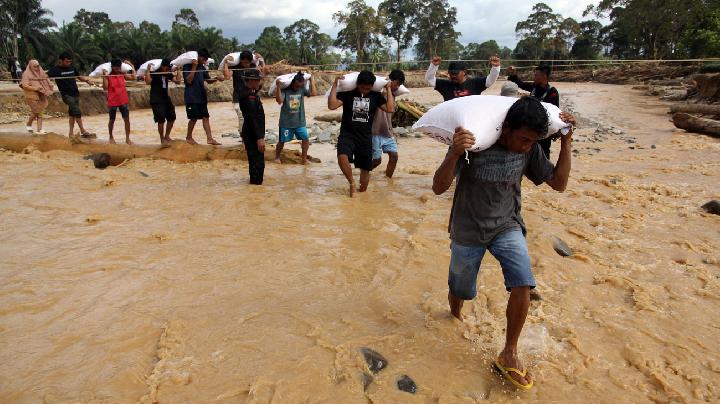



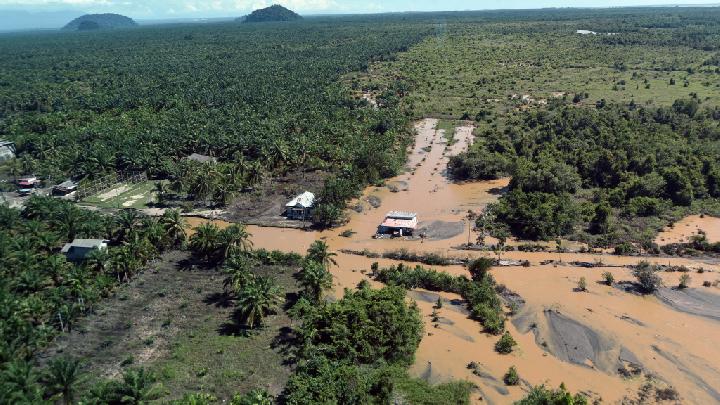
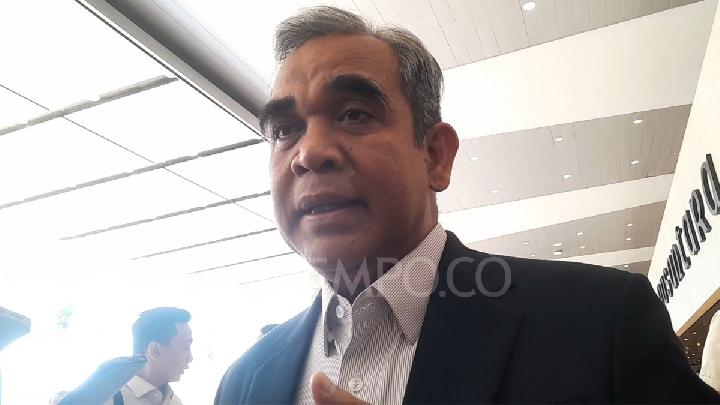
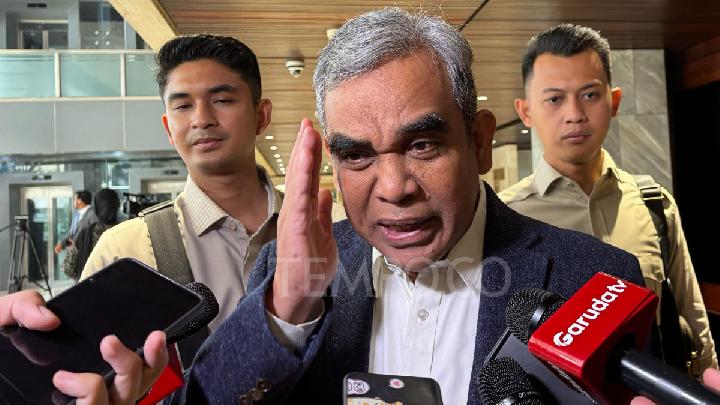

















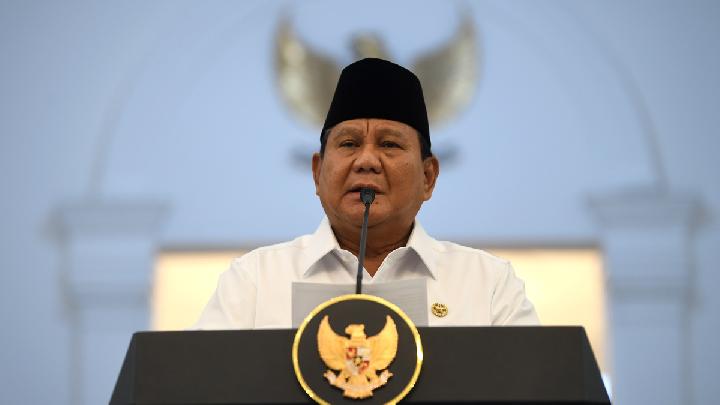

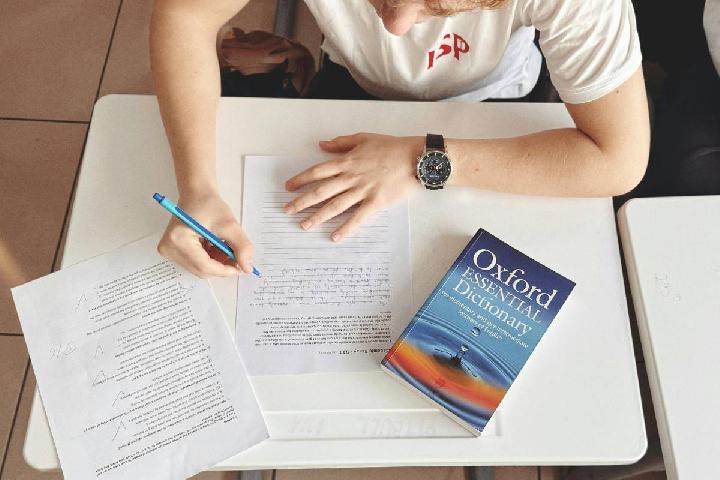



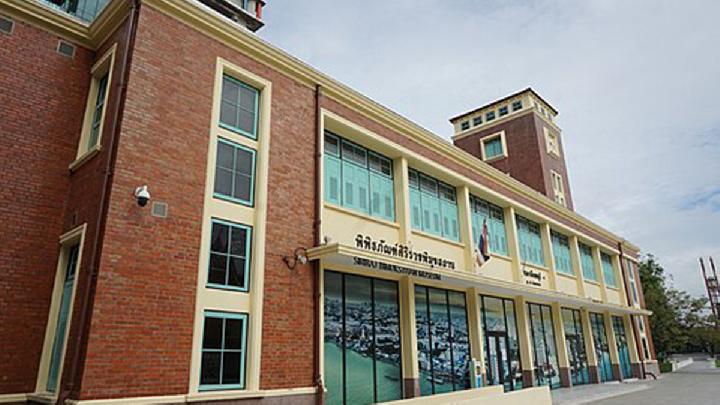
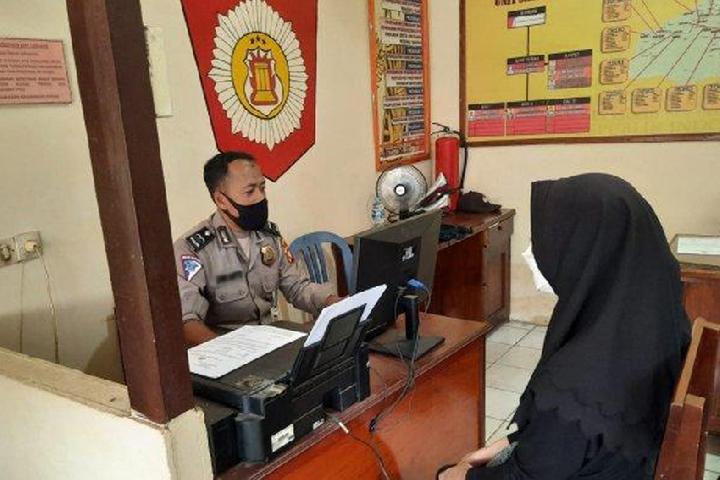


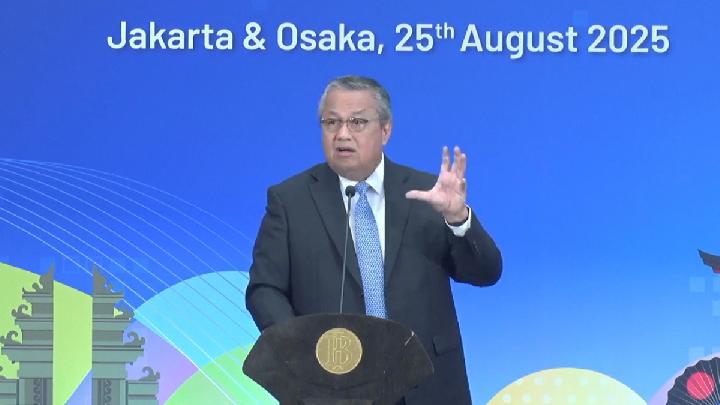
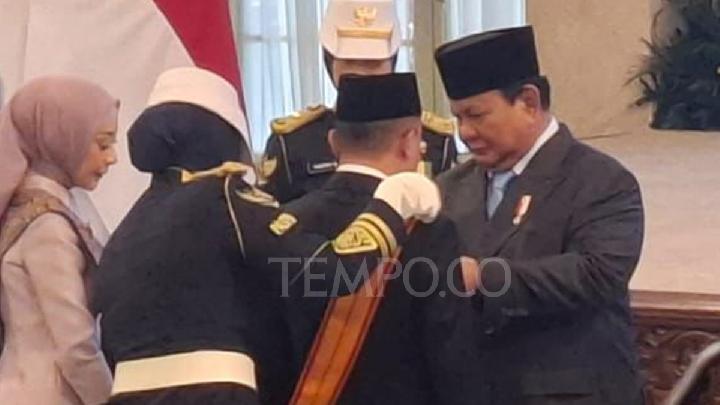
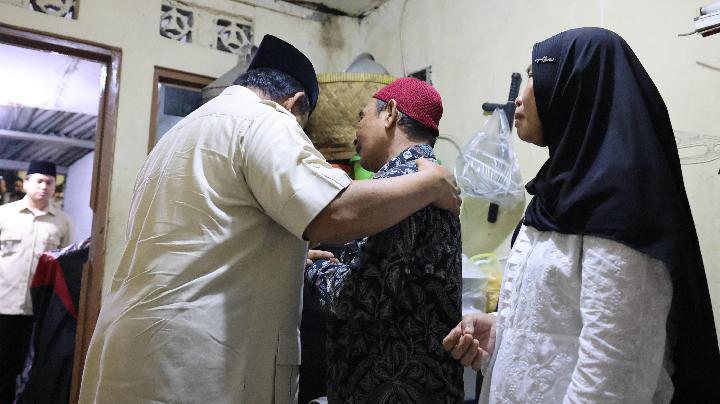
:strip_icc():format(jpeg)/kly-media-production/medias/5243277/original/092151900_1749100247-front-view-cute-little-boy-listening-music.jpg)